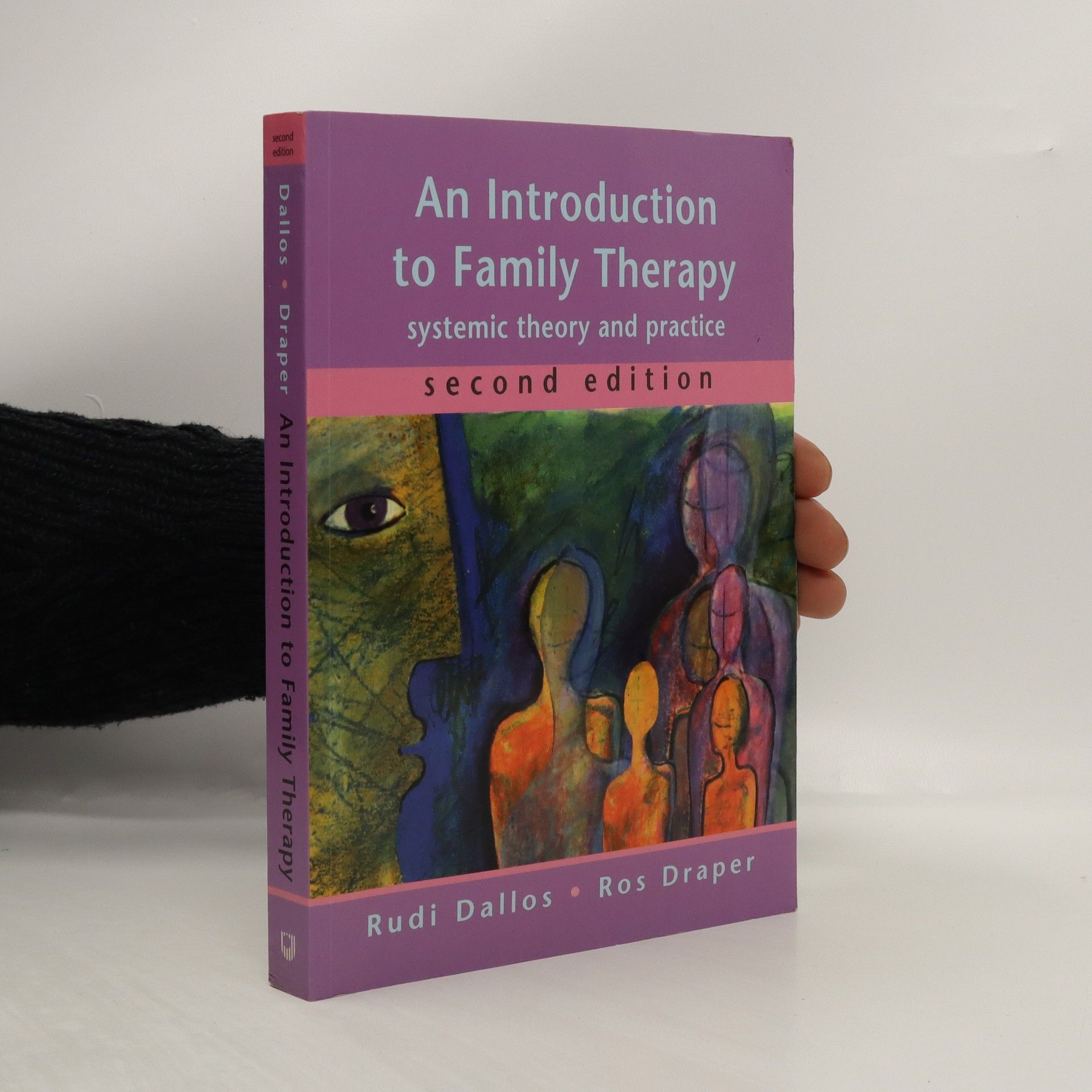Introduction to Family Therapy
- 360 páginas
- 13 horas de lectura
An introduction to the theory and practice of systemic family therapy This invaluable introductory title offers an overview of the core conceptual framework of family therapy, illustrated throughout by lively examples drawn from clinical practice. The book has been carefully designed as a teaching tool and includes a set of resources that can be used by individual readers or as part of teaching workshops. This new edition has been comprehensively updated throughout. Key additions and changes include: More on the evidence base for the effectiveness of family therapy A stronger focus on attachment and psychodynamic perspectives An entirely new chapter on assessment and formulation An entirely new chapter on integrative practice For counselors, family therapists, psychologists, and students.

